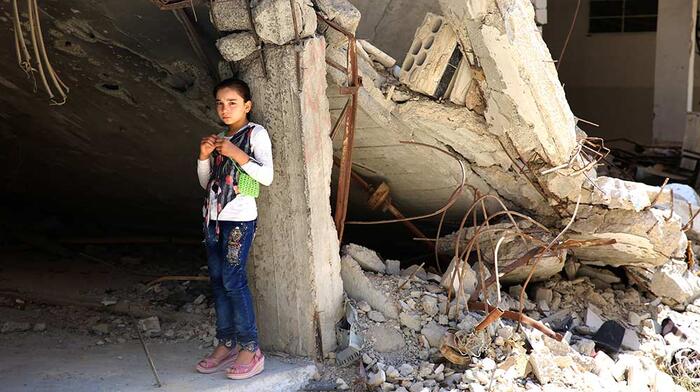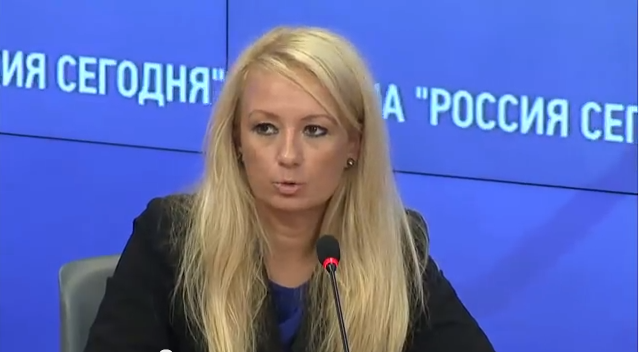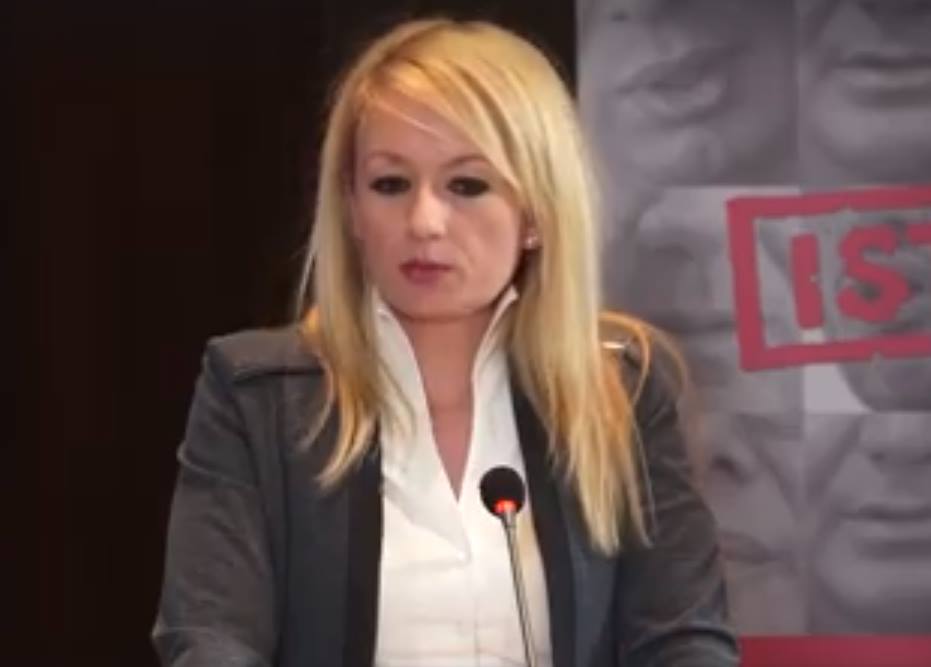By Dragana Trifkovic
The ceasefire in Syria entered into force on February 27th in accordance with the agreement reached between the Russian Federation and the United States of America following the meeting between Russian Foreign Minister Sergey Lavrov and US Secretary of State John Kerry. The terrorist group “Al-Nusra” (a branch of Al-Qaeda) and the Islamic State were exempt from the agreement. With the truce not applying to these groups, the struggle against these terrorist structures has continued. It is estimated that since the beginning of the war in Syria (March 2011), more than 270,000 people have been killed. Once rebel forces in Syria had successfully taken control of large territories of the state, the last line of Syria’s defense fell back to Damascus, Latakia, and Aleppo. When terrorists seized Aleppo, Damascus’ resistance was close to collapsing.
The Results of Russian Support
At the last moment for Syria, the Russian Federation committed to a military intervention. In early September last year, the Russian army began operations against the terrorists in Syria and inflicted serious blows against terrorist units over the course of six months, thus turning the tide of the war. The Russian Air Force carried out more than 9,000 sorties and destroyed over 200 infrastructural objects of the terrorist organization known as the Islamic State. It should be noted that Syrian, Russian, Iranian, and Lebanese forces from Hezbollah have all participated together in the defense of Syria. If Russia had not come to support the Syrian Army, then by all estimates Syria would have lost the war to the jihadists. On this note let us recall how the US and its allies allegedly led the fight against Islamic State in Syria for months without any results. In reality, since the beginning of the conflict in Syria, the US and EU supported, trained, and armed malicious forces in the country and region as a whole, with the special role of financing terrorism played by the United Kingdom, France, as well as the American allies of Turkey, Saudi Arabia, and Qatar.
Seventeen days following the announcement of the ceasefire in Syria, Russian President Vladimir Putin took the decision to partially withdraw Russian armed forces from Syria with the justification that they had accomplished all of their established goals. However, a necessary number of soldiers and S-400 anti-air defense systems have remained at Russian air and naval bases in Syria. The focus in Syria has since shifted from military operations to the peace process in favor of which Russia had acted from the very beginning.



